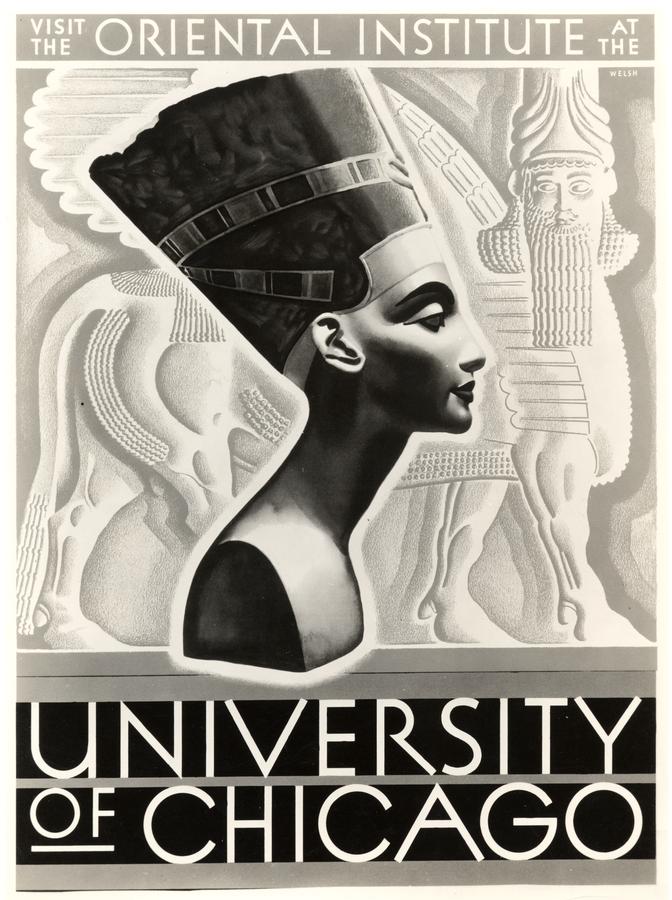By JOHN NOBLE WILFORD
Published: September 17, 2012
New York Times
Ancient Egyptians did not speak to posterity only through hieroglyphs. Those elaborate pictographs were the elite script for recording the lives and triumphs of pharaohs in their tombs and on the monumental stones along the Nile. But almost from the beginning, people in everyday life spoke a different language and wrote a different script, a simpler one that evolved from the earliest hieroglyphs.
EVERYDAY SCRIPT: A Demotic Egyptian writing sample at the University of Chicago's Oriental Institute.These were the words of love and family, the law and commerce, private letters and texts on science, religion and literature. For at least 1,000 years, roughly from 500 B.C. to A.D. 500, both the language and the distinctive cursive script were known as Demotic Egyptian, a name given it by the Greeks to mean the tongue of the demos, or the common people.Demotic was one of the three scripts inscribed on the Rosetta stone, along with Greek and hieroglyphs, enabling European scholars to decipher the royal language in the early 19th century and thus read the top-down version of a great civilization’s long history.Now, scholars at the Oriental Institute of the University of Chicago have completed almost 40 years of research and published online the final entries of a 2,000-page dictionary that more than doubles the thousands of known Demotic words. Egyptologists expect that the dictionary’s definitions and examples of how words were used in ancient texts will expedite translations of Demotic documents, more of which are unpublished than any other stage of early Egyptian writing.A workshop for specialists in Demotic research was held at the university last month as the dictionary section for the letter S, the last of 25 chapters to be finished, is being posted on the Oriental Institute’s Web site, where the dictionary is available free. Eventually a printed edition will be produced, mainly for research libraries, the university said.Janet H. Johnson, an Egyptologist at the university’s Oriental Institute who has devoted much of her career to editing the Chicago Demotic Dictionary, called it “an indispensable tool for reconstructing the social, political and cultural life of ancient Egypt during a fascinating period,” when the land was usually dominated by foreigners — first Persians, then Greeks and finally Romans...
See the chronicle of news about the Oriental Institute.







 Stumble It!
Stumble It!


No comments:
Post a Comment